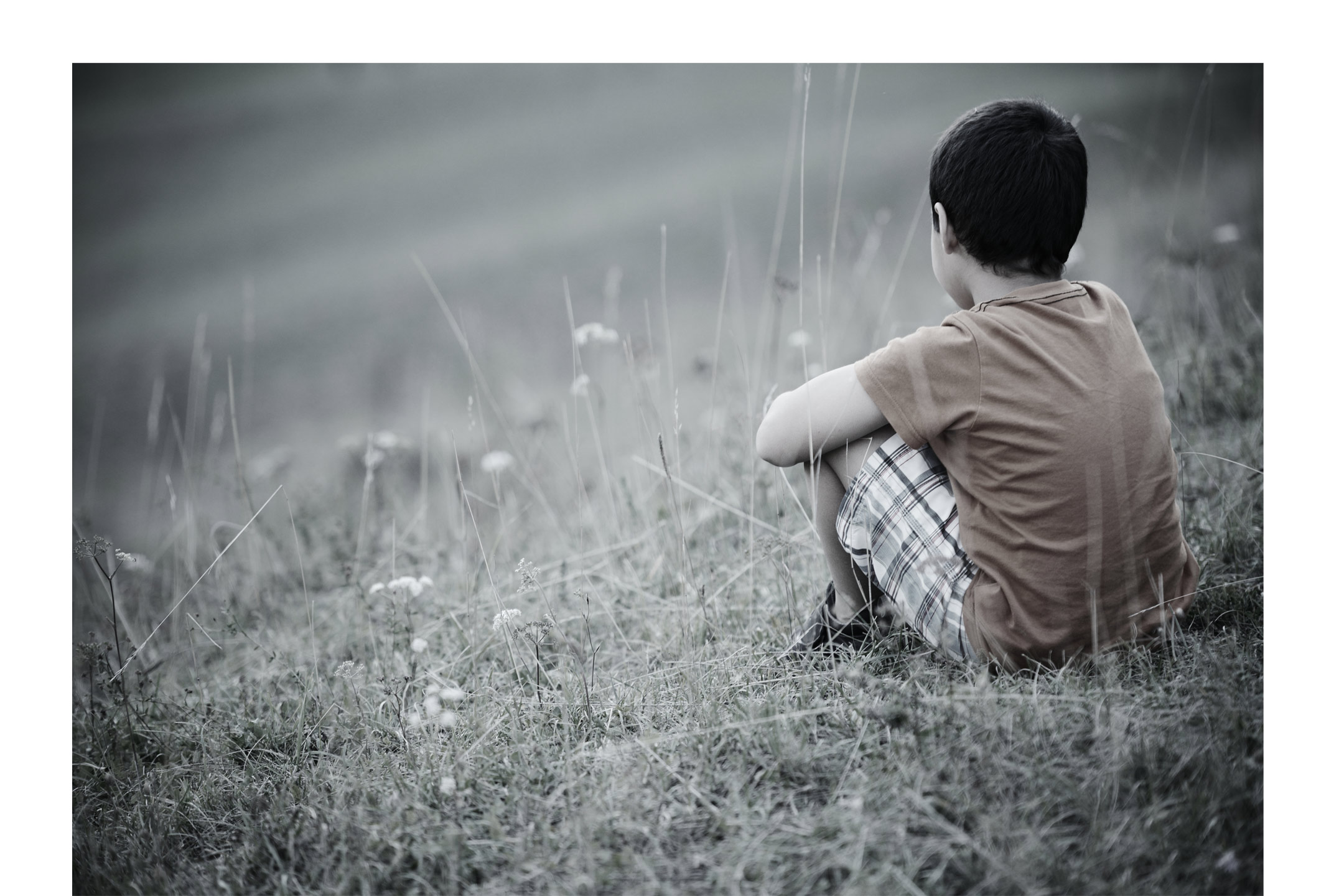
28 Mar What do you do if you think your child has a mental illness?
Mental Health affects one in seven kids. Anna Gibson reports on what to look for:
Children may have difficulties in more than one of these five areas:
• Behaviour:
– Externalising problems or ‘acting out’: disruptive, impulsive, angry or hyperactive behaviours.
– Internalising problems or ‘holding in’: inhibited or over-controlled behaviours, including withdrawal, worry, and emotional responses that primarily affect the individual child and not others around them.
• Emotions: children with emotional difficulties may have trouble expressing or managing their feelings.
• Thoughts: Children may experience negative thoughts about themselves or what is happening around them, which can prevent them from interacting with others or getting involved in experiences.
• Learning: refers to how well a child is able to take in, understand and remember information. It also relates to how well they can communicate and interact with others and use their physical skills (for example, crawling, walking or drawing).
• Social relationships: inability to understand and interpret social cues.
Get help when the behaviours:
• Happen on a regular basis.
• Persist over a period of time (e.g. a month or longer).
• Are distressing to the child and those around them.
• Are across situations (e.g. at home and at childcare).
Who to go to for help:
• GP or paediatrician: This is an excellent first port of call. They can investigate any physical/medical reasons for the behaviour and also provide referrals to other health professionals who can help.
• The Medicare rebate is now available for psychological services (a referral from a GP, paediatrician or psychiatrist is required).
There’s also:
• Beyondblue
• SANE Australia
• Raising Children Network
• KidsMatter Australian Early Childhood Mental Health Initiative
• Women’s and Children’s Health Network



